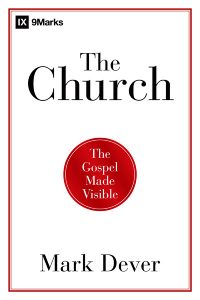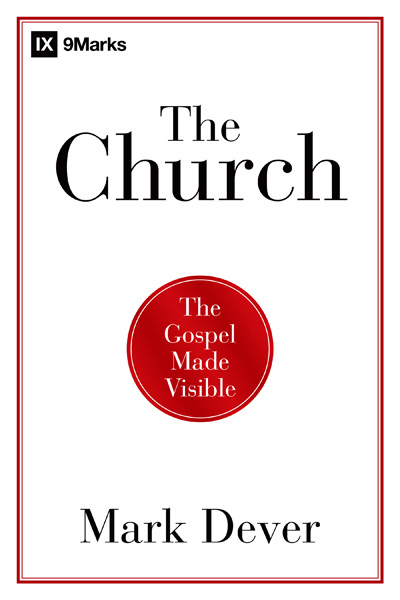 Preface: The Need for Studying the Doctrine of the Church
Preface: The Need for Studying the Doctrine of the Church
“For too many Christians today, the doctrine of the church is like a decoration on the front of a building. Maybe it’s pretty, maybe it’s not, but finally it’s unimportant because it bears no weight. Yet nothing could be further from the truth. The doctrine of the church is of the utmost importance. It is the most visible part of Christian theology, and it is vitally connected with every other part.”—pg ix
Reflection Question: How important is the doctrine of the church to you? Does your practice reflect this importance?
An Informal Introduction: The Sufficiency of the Bible for the Local Church
“There is almost an impatience with anything that is nonessential. Too often Christians today have only two gears on their theological bike: essential and unimportant. If something is not essential for salvation, it is treated as unimportant and therefore dismissible. But the Bible presents us with a number of matters that are not essential for salvation but which nonetheless are important, even necessary, for obedience to God’s Word. And these commands are not arbitrary. Obeying them bears good fruit.”—pgs xxi-xxii
Reflection Question: The opposite danger to this is to treat every point of theology as essential to salvation—for someone to disagree at almost any point is to call their very Christianity into question. Which extreme is a greater danger in your life?
Chapter One: The Nature of the Church
“God’s eternal plan has always been to display his glory not just through individuals but through a corporate body.”—pg 4
Reflection Question: How important is the life of the church to your walk with the Lord? Does the importance of corporate worship in your life reflect its importance in God’s plan?
Chapter Two: The Attributes of the Church: One, Holy, Universal, Apostolic
“While every true local church is part of this universal church and is an entire church itself, no local church can be said to constitute the entire universal church. Therefore, Christians must exercise care in their assumptions about the correctness of doctrines or practices that may, in fact, be peculiar to their own time or place.”—pg 18
Reflection Question: It is all to easy to “absolutize” beliefs and practices that are dependent on the practices of our own culture, rather than on the Word of God. Have you ever condemned another church or believer because of a merely cultural difference?

